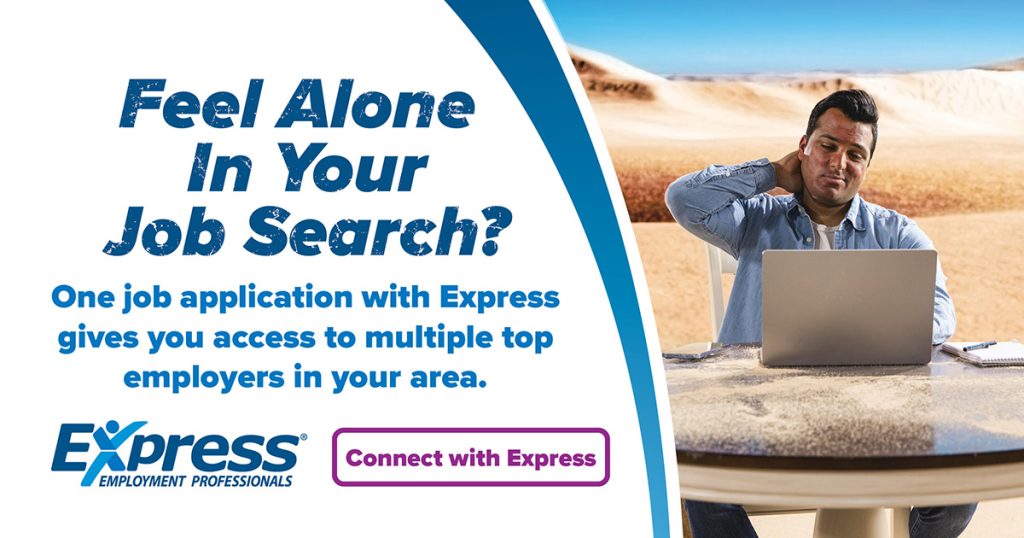
Starting your first job after college is a big step, but it doesn’t have to define your entire career. It can serve as a steppingstone to gain experience. Instead of stressing about landing your dream job right out of college, embrace the journey.
Start Building Your Career
A job is hardly ever just a job. Employment inherently is an experience. Invest in the experience by learning about the work or from your coworkers, acquiring new skills, and getting to know others professionally. Becoming acquainted with various workplaces and company cultures can help you identify the type of environment where you thrive and determine what you want to get from your job and career.
Invest in getting to know your supervisors and coworkers. The connections you forge early in your career can serve as resources, references, and mentors later, so build positive relationships when possible.
The job market is always fluctuating, but hiring decision-makers want to hire recent college graduates. In the U.S., 52% of companies are interested in hiring recent college graduates, and 47% of Canadian companies want to do the same, according to an Express Employment Professionals-Harris Poll survey.
Know Your Options
Although your first job doesn’t define your entire career, there is merit to working in a field related to your degree after graduation. Graduates who are underemployed, meaning working a job that requires less education than they’ve earned, may struggle to move beyond underemployment later in their careers.
According to the Talent Disrupted report, only 16% of those experiencing severe underemployment in jobs that only require a high school diploma advance to college-level employment within five years of graduating. This is compared to 26% of the moderately underemployed, who have jobs that require education beyond a high school diploma, but less than a bachelor’s degree, who can advance.
If your job doesn’t serve your long-term goals, or you’d like to learn new skills or would simply be happier doing other work, career switching may be a viable option. More than half of U.S. and Canadian job seekers (56%) are interested in switching industries, and 87% of U.S. and 84% of Canadian job seekers would be interested in switching careers if they had the resources, according to an Express-Harris Poll survey.
Tips for Success
Start your career on the right foot by preparing for the job search process with these tips:
- Craft your resume and include meaningful metrics when possible
- Prepare your professional references
- Be aware of common job scams
- Overcome interview fatigue
- Maximize opportunity through LinkedIn connections
- Partner with a recruiter
From Classroom to Career: Connect with Express
As you prepare for your job search, transitioning from the classroom to the workforce can be challenging. Check out this LinkedIn article for four tips to help you make that shift with confidence.
Finding a job after graduation is tough, but you don’t have to do it alone. At Express Employment Professionals, we’re in the business of people. From job seekers to client companies, Express helps people thrive and businesses grow. Our international network of franchises offers localized staffing solutions to the communities they serve across the U.S., Canada, South Africa, Australia, and New Zealand, employing 427,000 people globally in 2024 and more than 11 million since its inception.

The Job Insights survey was conducted online within the United States and Canada by The Harris Poll on behalf of Express among hiring decision-makers in the U.S. (n=1,001) and Canada (n=505) Nov. 11–26, 2024. A separate survey was conducted among job seekers in the U.S. (n=1,039) and Canada (n=505) (defined as adults ages 18 and older who are employed but looking for a new job, or not employed and looking for work), Nov. 21–Dec. 10, 2024. For complete survey methodology, please contact Communications@ExpressPros.com.
Last Updated on February 6, 2026